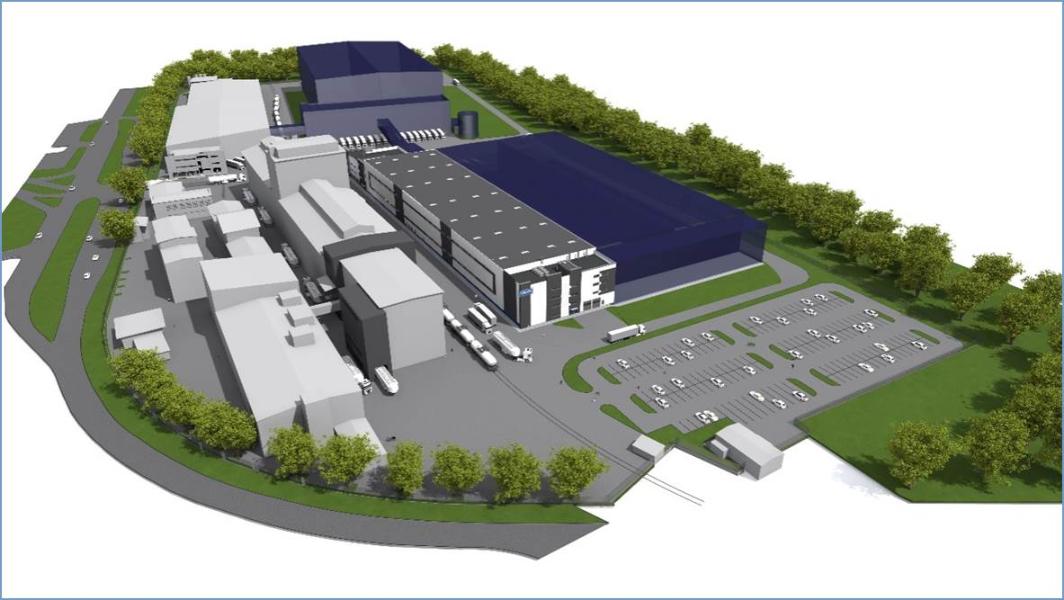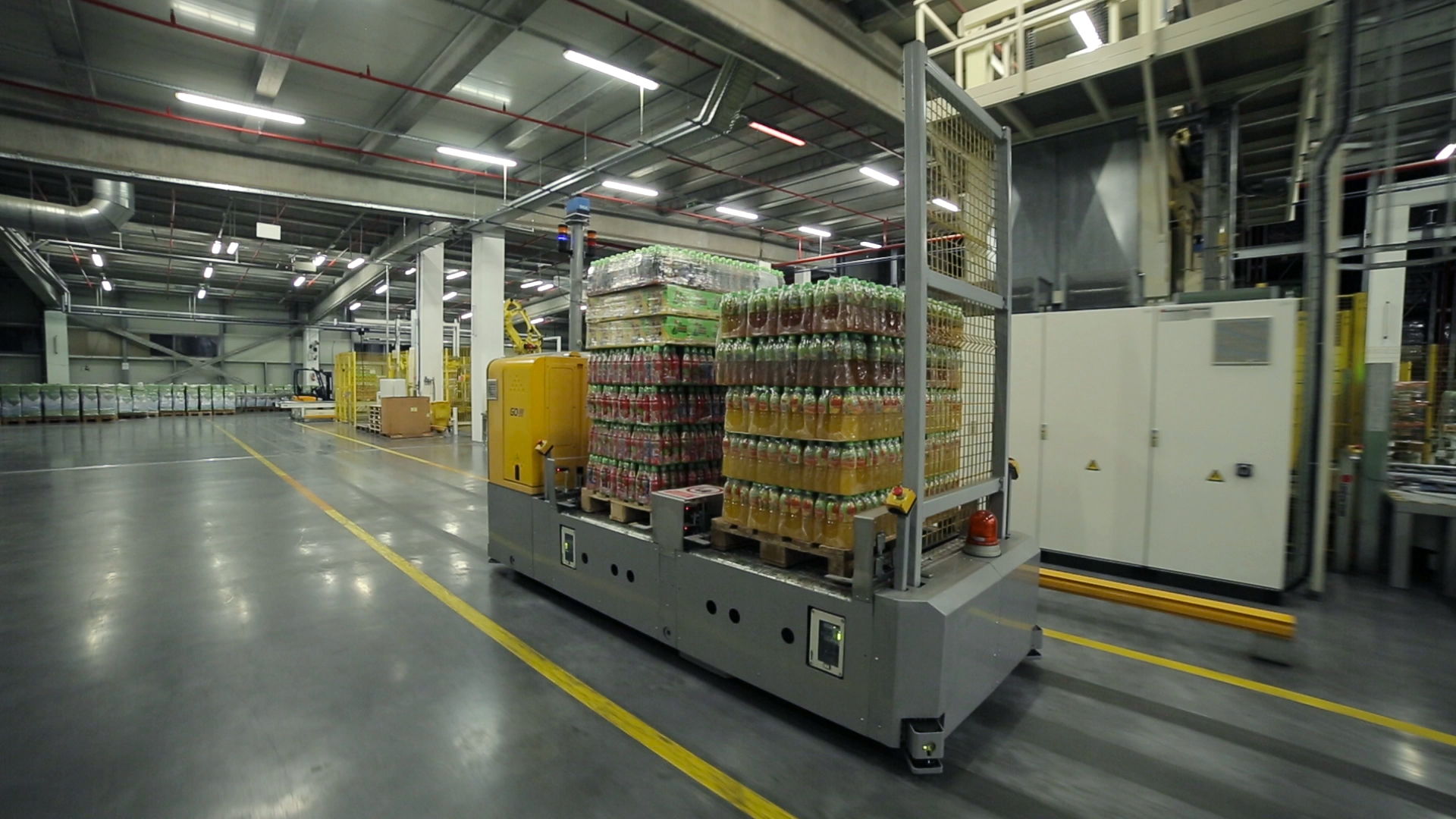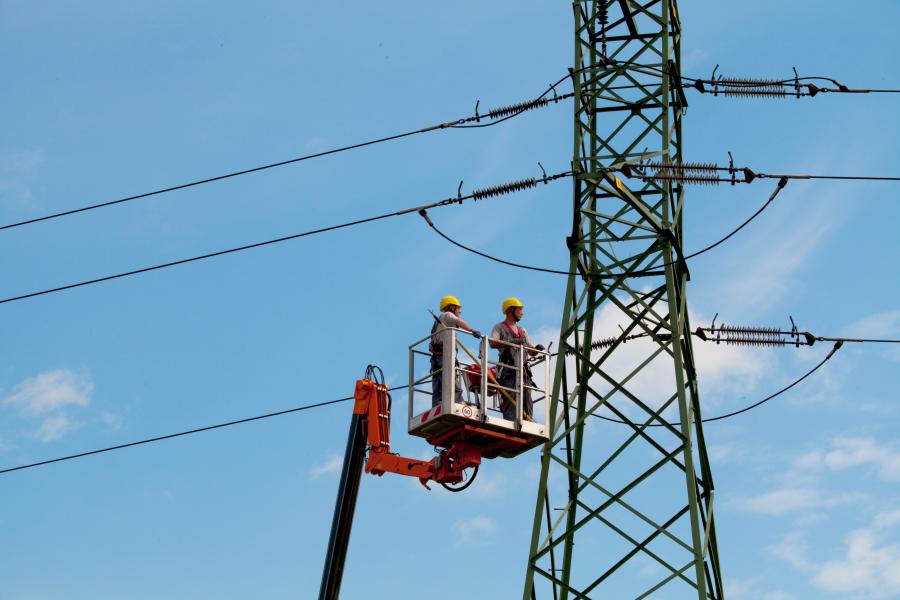The EIB's investment survey highlights the need for better digital infrastructure and education, and public support for R&D
Never-ending discussions about what the European Union represents and where it’s heading have created fertile ground for a clash of policy responses. The bottom-line, however, is quite simple—the EU needs to adjust, reform and invest. The lack of investment after the crisis is holding our economies back. It limits companies from reaching their potential and throttles job creation. The European Investment Bank’s latest survey proves the point.
The Bank’s economists carried out a survey among more than 12 500 firms in all the EU’s 28 Member States. The purpose: to get a thorough understanding of how companies of all sizes and in all main sectors of the economy operate. 479 Polish firms participated in this exercise. We wanted to find where the problems were, so that we could try to fix them.
Positive highlights
There are quite positive highlights across the EU. The survey found that 84% of firms made an investment in the last financial year. When it comes to small and medium-sized companies the level was a little lower at 79%. It’s still reassuring to learn that the number of companies planning to boost investment this year beat the number of businesses planning a decrease.
The EIB supports companies keen to invest. In December, for example, the EIB made a EUR 60 million loan to Maspex to finance the expansion and modernization of production and to build three advanced logistics facilities for its food businesses in Lublin, Olsztynek and Łowicz. Half of the loan is backed by the Investment Plan for Europe, the EU programme to boost innovative businesses, and will also support Maspex’s renewable energy and energy efficiency plans. We also signed a groundbreaking debt deal with energy company Tauron just a couple of weeks ago, using an innovative hybrid bond product.

Maspex’s planned food logistics and production plant
Worrying signs
There are worrying signs across the continent, however. 15 percent of companies reported that they have invested too little in the past three years to prepare for future expansion. In Poland, 18% of businesses said they invested too little, leaving R&D investment significantly below the EU average.
True, corporate investment in Europe is recovering. But that’s at a very sluggish pace. Only one third of European firms expect to increase their investment in 2017. This is, by historical comparison, a very subdued upswing.
Much remains to be done to address Europe’s investment gap and this is why the Investment Plan for Europe, which the EIB is helping to implement, is so important. These investment gaps will not go away by themselves. Thus, we decided to strengthen the second pillar of the Investment plan, the European Investment Advisory Hub (EIAH) and its presence at the local level. We believe that the “EIAH Going Local” approach and cooperation of the local partners, like BGK in Poland, will facilitate the unlocking of potential for bankable projects for the European firms.
Innovation focus
The EIB is focused on innovation. Without innovation, Europe will neither become more competitive, nor be able to maintain its current standing. The results of our survey show that for companies across Europe expanding capacity is not the main investment goal. Rather, they only aim to upgrade their existing capital stock. Just 44% of existing machinery and equipment is seen as “state-of-the-art” across the continent.
Poland’s numbers could be much, much better. Polish firms say that a mere 28% of their machinery is state-of-the-art. Only Bulgaria rates lower. On the reported energy-efficiency of buildings, Poland again comes second to last.
To help turn this around there is the Investment Plan. Its aim is to boost the EIB’s firepower by increasing support to the private sector. This will drive innovations and accelerate implementation.

Inside a Maspex food logistics facility.
A place for skills
We need to strengthen conditions enabling and encouraging investment and innovation. That means better education, digital infrastructure and public support for R&D. The survey unveiled how much the uncertainty about the future dents firms’ willingness to invest.
There is also the issue of skilled workers, which is a major factor not only for Poland but also for the entire central and Eastern Europe. It highlights the need for investment in human capital; to make countries like Poland places where highly skilled people want to stay and work.
The Investment Plan for Europe directs the EIB towards enhanced use of its own funds and an EU budget guarantee to bridge some of these investment gaps. We are already half way through towards our initial target of EUR 315 billion of mobilized investment by 2018.
In 2016 the Investment Plan backed EUR 1.42 billion of the EIB’s total EUR 4.52 billion Polish investment. That translates into EUR 4.91 billion of mobilised investment.

Better regulations
The investment survey also shows that in order to boost innovation, to create jobs and make Europe competitive worldwide, regulatory reform is vital. The EU is far from the fully harmonized, coherent, barrier-free, investment-friendly place we all wish to see. The companies struggle to navigate a vast sea of diversity and an ocean of inconsistent cross-border rules.
Regulators and legislators, both at national and EU level, must come together and accelerate the pace of reform. That is the only way to ensure that, by the next time we conduct our survey, the picture for companies in Poland and elsewhere will look better.
So, let’s not waste time talking or being afraid. It’s better to try and fail and try again. The EIB is here for businesses—to help, to listen, to assist. You’re not alone.
